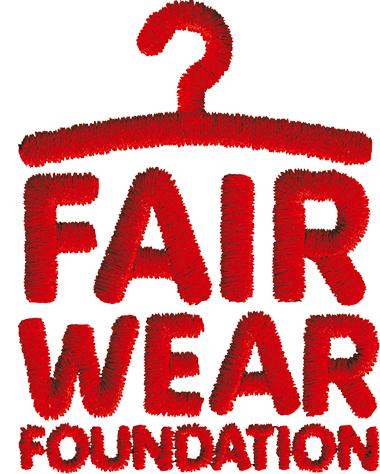Nudie Jeans has shown advanced results on performance indicators and has made exceptional progress. With a monitoring percentage of 96% and a benchmarking score of 79, the brand remains in the ‘Leader’ category for the sixth consecutive year.
Nudie Jeans takes advanced measures to monitor all production locations, including subcontractors. In 2018, the brand invested in an online platform where both the brand and the respective suppliers can update information and track progress on activities (for example, putting up a worker information sheet at a factory) as well as update status of audit findings. This new system will provide the brand with an overview of the entire supply chain, common issues and support the brand in consolidating its efforts. Apart from that, the brand has strong integrated systems in place to do due diligence before placing orders in factories, and to support reasonable working hours.
Nudie Jeans has been paying its share of the living wage at two units of an Indian supplier since 2013. In 2016, another supplier in India was added to the living wage project. By the end of 2017, the spinning mill of the first supplier was also included in the project and received the first payout of the brand’s living wage contribution in early 2018. At the end of the year, the brand also retrospectively included the knitting unit and dyeing facility in the program. These efforts make them one of the front runners in the industry in working on the topic of Living Wage. Nudie Jeans is continuously trying to scale up its efforts by trying to involve other buyers. FWF encourages the brand to extend these efforts to raise wages of the workers who do not yet earn a living wage in other production locations and countries, like Tunisia. For Italy, Nudie Jeans knows the living wage levels in the different regions it sources from. Next steps would be to identify the gaps between wage levels at its Italian suppliers and the living wage benchmark and work towards the payment of a living wage.
Nudie Jeans is proactive on following up complaints, and where this involves suppliers shared with other FWF members, the brand usually takes the lead. FWF recommends that the brand invest efforts to work on preventive steps, for example by ensuring functioning HR, communication and grievance procedures at their suppliers.
Download







